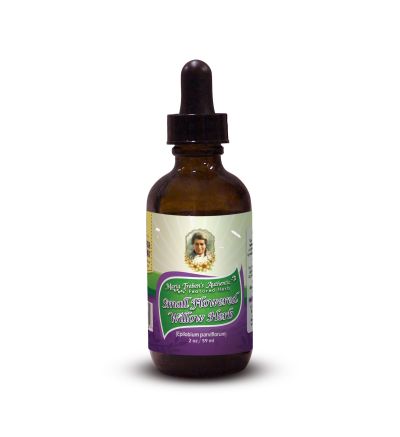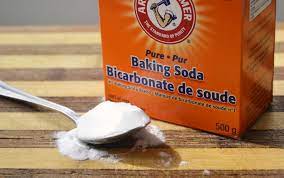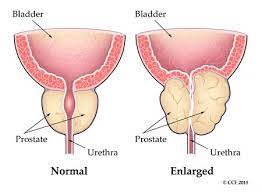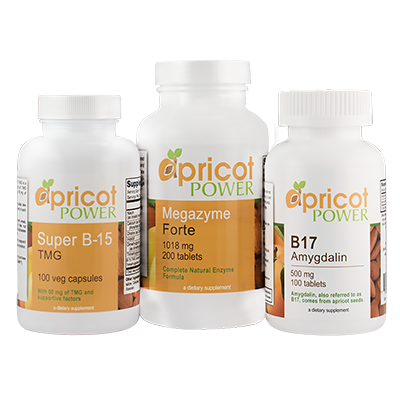Men’s Urinary Bladder Flow and Prostate Health
As we get get older our flow from the bladder seems to lessen quite a bit. Most men will say when younger, their stream could put out a fire a mile away. Often when a patient uses the rest room in my office, I noticed two things:
- it takes a few minutes to “start the flow”
- Once started, the flow does not sound strong
This immediately causes me to mention bladder, urinary tract and prostate health to these men and at times force a conversation about the bladder, bladder stones, Candida/Yeast and Prostate Health & Cancer
Many guys have already been prescribed Flomax, also known by its generic name Tamsulosin, (an alpha-adrenergic blocker). It’s approved by the U.S. Food and Drug Administration (FDA) to help improve urine flow in men who have benign prostatic hyperplasia (BPH).
I have been in practice for 43 years and probably for about 40 of those years, I recommend Small Flowered Willow Herb Tea to help with the urinary flow in males and even at times females. I ask the patient to brew the tea and drink 1-2 cups daily on an on/off basis for the rest of their lives. Usually but not always, I start this request around the age of 45 and very rarely do I encounter resistance. One would think a man would be hesitant to brew a tea but surprisingly, they do it without issue. Why? Because they can tell the difference once they start using it!
Over the past few years the tea is available in concentrated drop form and here I recommend one dropperful morning and evening. Some men do both.
I have a fairly good record using Willow Flower. Does it work with every single male? Probably not as we all have our own unique extenuating circumstances. BUT it certainly cannot hurt to use it
Yeast/Candida
We will now broach the subject of Yeast/Candida that can be transmitted in various ways most commonly from sexual relations. Yeast likes to grow in dark damp places such as the area where the prostate gland and bladder are “hiding” I believe it to be a major player in causing but not the cause of Prostate Cancer. A male can smell candida the minute he makes his move to urinate “it stinks down there”. There are women whom have said they can smell their husbands genitals as soon as they walk in the door—this “fishy” odor in both sexes is attributed to Yeast/Candida
I treat this issue using Bicarbonate of Soda aka Baking Soda. Usually but not always 1/4 to 1/2 teaspoon diluted in 8-10 ounces of water 1-3 x daily depending on the uniqueness of the situation.
The Tiny Prostate Gland:
The prostate’s most important function is the production of a fluid that, together with sperm cells from the testicles and fluids from other glands, makes up semen. The muscles of the prostate also ensure that the semen is forcefully pressed into the urethra and then expelled outwards during ejaculation.
As we get older, all this sperm cells, fluid, semen etc. does lose some of its importance but should still function somewhat.
What is Benign Prostactic Hyperplasia?
Benign Prostactic Hyperplasia (BPH) is the enlargement of the prostate gland and is common as men get older. An enlarged prostate gland can cause uncomfortable urinary symptoms, such as blocking the flow of urine out of the bladder. It can also cause urinary tract infections and or kidney problems or both. In some instances men will sit on the toilet for a very long time trying to urinate but to no avail.
In very bad cases TURP Surgery which is a Trans Urethral Resection of the Prostate will be recommended. There is a 50/50 chance of working; it may not work forever; but in most cases worth the try. TURP surgery is considered major surgery.
Prostate Cancer:

When doing autopsies on young men killed during the Vietnam War, doctors noticed that many of them had prostate cancer cells in their prostate at a very young age. However, prostate cancer is very slow moving and had they not died during the war, they would not know they had prostate cancer until much later on in life.
This tiny gland the size of a walnut can reap havoc for men as they enter their golden years of life. Science does not yet know the cause.
Best Medical Treatment Today:
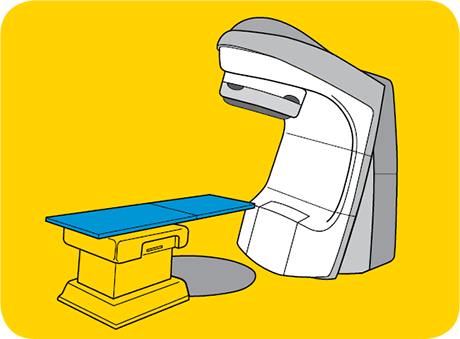
The best medical treatment so far and depending on the often inaccurate PSA and Gleason score is the PSMA-PET-CT Scan that can detect prostate cancer metastases with high sensitivity and specificity. For actual treatment, the External Beam Radiation Therapy (EBRT) with high dose rate (HDR) Brachytherapy boost procedure seems to be the best science has to offer at this time. This is a different treatment than low-dose rate Brachytherapy (with radioactive seeds). The challenge is finding the right doctors who know how to apply these advanced therapies.
This leads us to the question and the purpose of this post which is “what can we do NOW to avoid this in the future?
Amygdalin:
Amygdalin is a compound found in the pits or seeds of apricots, apples, peaches, plums, red cherries, and other fruits. It’s also in bitter almonds. A partly man-made, purified form of amygdalin, known as Laetrile, was patented in the 1950s and became a popular alternative cancer treatment during the 1960s and ’70s. It’s now banned by the FDA and hasn’t been available in the U.S. since 1980.
I use 1-3 products formulated by Apricot Power to support prostate health without or with cancer. And this is another product whose usage varies dependent on the condition but as far a I am concerned there is enough data out there to warrant the use of them
This leads us to the question and the purpose of this post which is “what can we do NOW to avoid this in the future?
- Willow Flower Tea especially beginning after age 45
- Keep an eye on the Yeast/Candida Overgrowth by taking the Bicarbonate 2 months on 3 months off
- Apricot seeds in the form of the seeds themselves or in Apricot Power Amygdalin B17 100/500mg; and Apricot Power TMG B15 (also known as non-toxic pangamic acid)
- Plenty of Good Quality Alkaline Water or Slightly Alkaline Water
- Avoid Coffee, Tea even decaffeinated
- Be very careful with ALCOHOL
- Limit Spicy Foods
Will these things work? Let’s hope so. If we do get or succumb to Prostate Cancer, at least we did our best to avoid it!!!
Please contact me for information on how to order these products and for the ton of other information I have on this subject.


